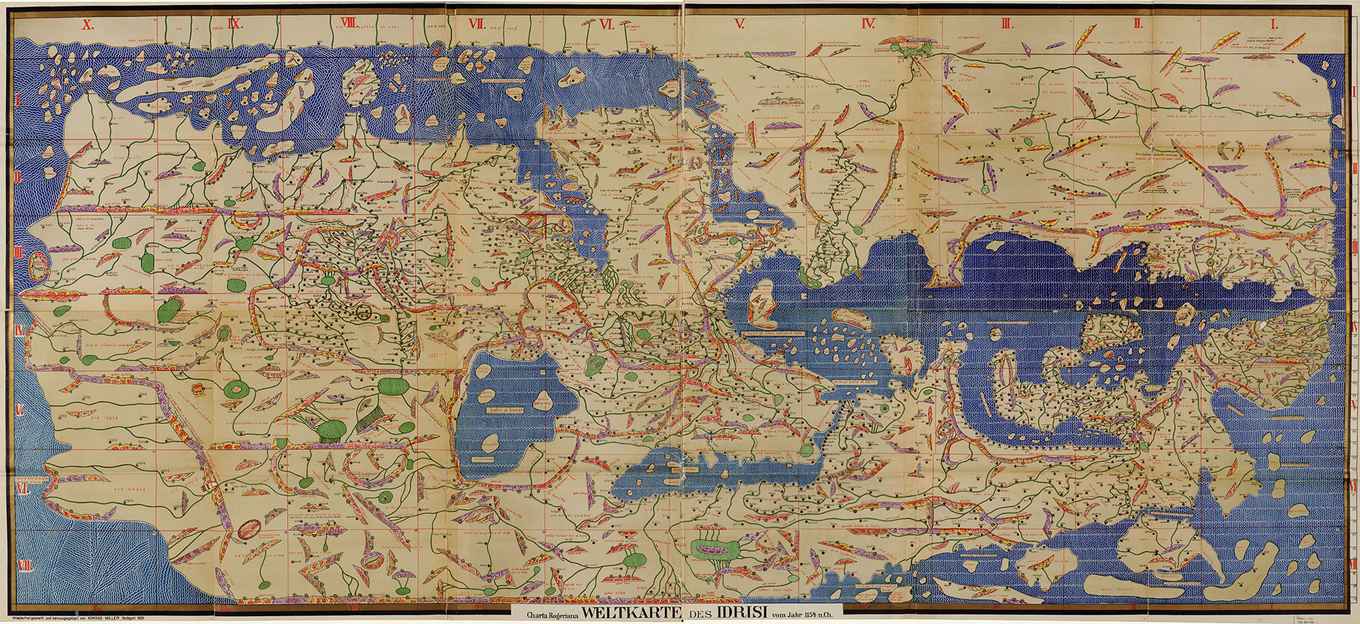International Law's Local Encounters: Experiences and Imaginaries of (De-)Coloniality
- Start date
- 5 June 2025
- End date
- 6 June 2025
- Time
- 08:45
- Location
- Roeterseilandcampus - building A

‘The State of Tuvalu (…) shall remain in perpetuity in the future, notwithstanding the impacts of climate change (…) resulting in loss to the physical territory of Tuvalu.’2023 constitution of Tuvalu
Workshop Introduction
Tuvalu’s constitutional commitment to Sovereignty in the face of sea-level rise reflects the stakes that international law addresses: real, tangible, and existential, and intertwined with colonial continuities and a range of claims to what the future might look like. These imagined decolonial futures are not semantic gymnastics. Be it starvation and genocide or development finance and biodiversity, claims to different futures through the language of international law affects almost every issue of social life. They shape how history is translated to futurity, how memory is constructed, what local experiences are universalised, and how ideas of the universal are encountered at the local level. They are moreover often made from distinct contexts that give meaning and purpose to the claims, including how they engage and shape the development of international law. Think of the South Africa v. Israel case before the International Court of Justice on allegations of genocide, or the struggle for inclusion of Indigenous peoples in Australian governance as highlighted by UN special procedures. Or perhaps think of the resistance against IMF and World Bank conditionalities in Kenya. These legal claims to futures without colonial structures and forms are indeed articulated through and grounded in specific local contexts.
Against this background, what do we make of calls and struggles for ‘decolonisation’ and ‘decolonial futures’ articulated through international law, but also posed as a demand towards it? How are claims to decoloniality and decolonisation coming to expression in international legal practice via and through local experiences and global solidarities – and how is it shaping international law? And how can we understand current and historical claims to decolonial futures through international law by taking seriously the specific places that they arise from? Does an attention to the context from which the claims are made give insights on the limits and possibilities associated with use of terms such as ‘decolonisation’ and ‘coloniality’ in relation to international law? And what theoretical frames and methodological devices can help us to make sense of local encounters with international law, and the colonial experiences and decolonial imaginaries that it has produced?
